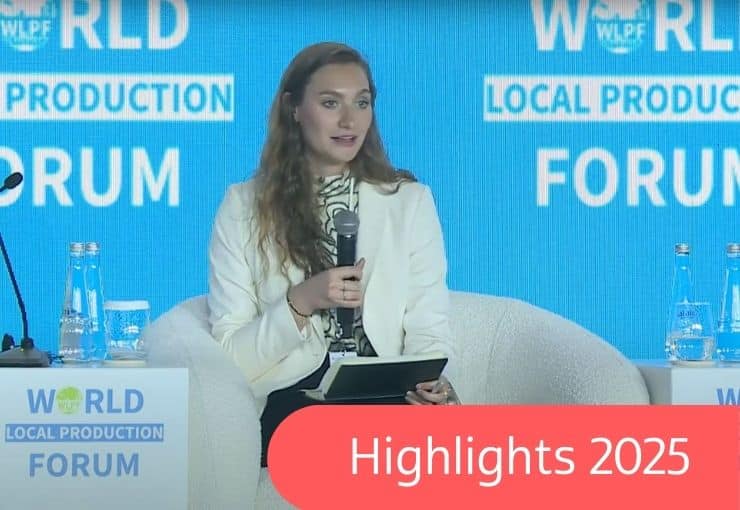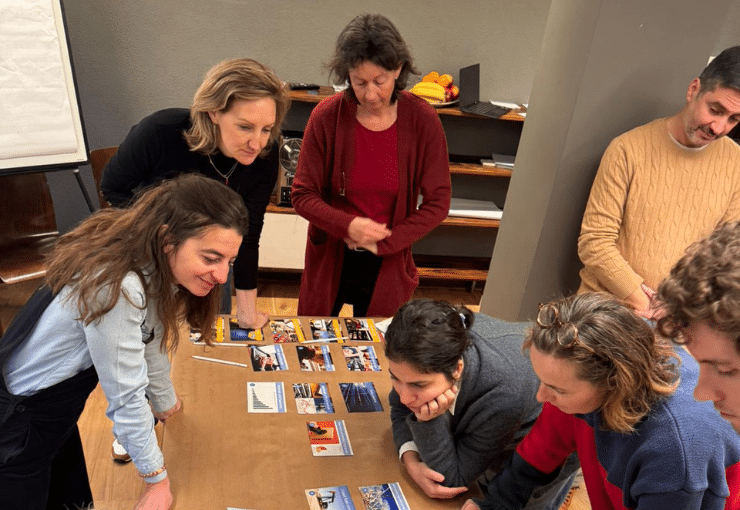Power imbalance between pharmaceutical companies and governments underlies many problems that hamper access to medicines for all. Monopolies and the lack of transparency in the pharmaceutical industry should therefore be countered. This was Wemos’ call during a civil society consultation initiated by the World Health Organization Regional Office for Europe (WHO/Europe) on the 26th of April.
The consultation concerned the Oslo Medicines Initiative: an initiative launched by WHO/Europe jointly with the Norwegian government, for a new vision to strengthen access to effective, novel, high-priced medicines.
Three recommendations to change the power imbalance
Whilst focusing on how to improve pharmaceutical policies with regard to equity and leaving no one behind, the Oslo Medicines Initiative touches upon three key themes: solidarity, transparency and sustainability. In that light, Wemos’ intervention stressed the power imbalance between pharmaceutical companies and governments. We provided three recommendations as to how to change that reality.
Wemos firstly advised to set-up a Socially Responsible Licensing toolkit, enhancing the availability and affordability of medicines and to ensure transparency of prices and costs. The second recommendation offered by Wemos includes active engagement to making the Covid-19 Technology Access Pool (C-TAP) work. C-TAP facilitates the sharing of patent rights and know-how on vaccine production, which is crucial in maximizing the global manufacturing capacity of Covid-19 vaccines, making them available for everyone, everywhere. Lastly, Wemos suggested that immediate implementation of a European database on net prices of pharmaceutical products is a valuable counterweight to the power disbalance.
Read Wemos’ full contribution to the consultation.




